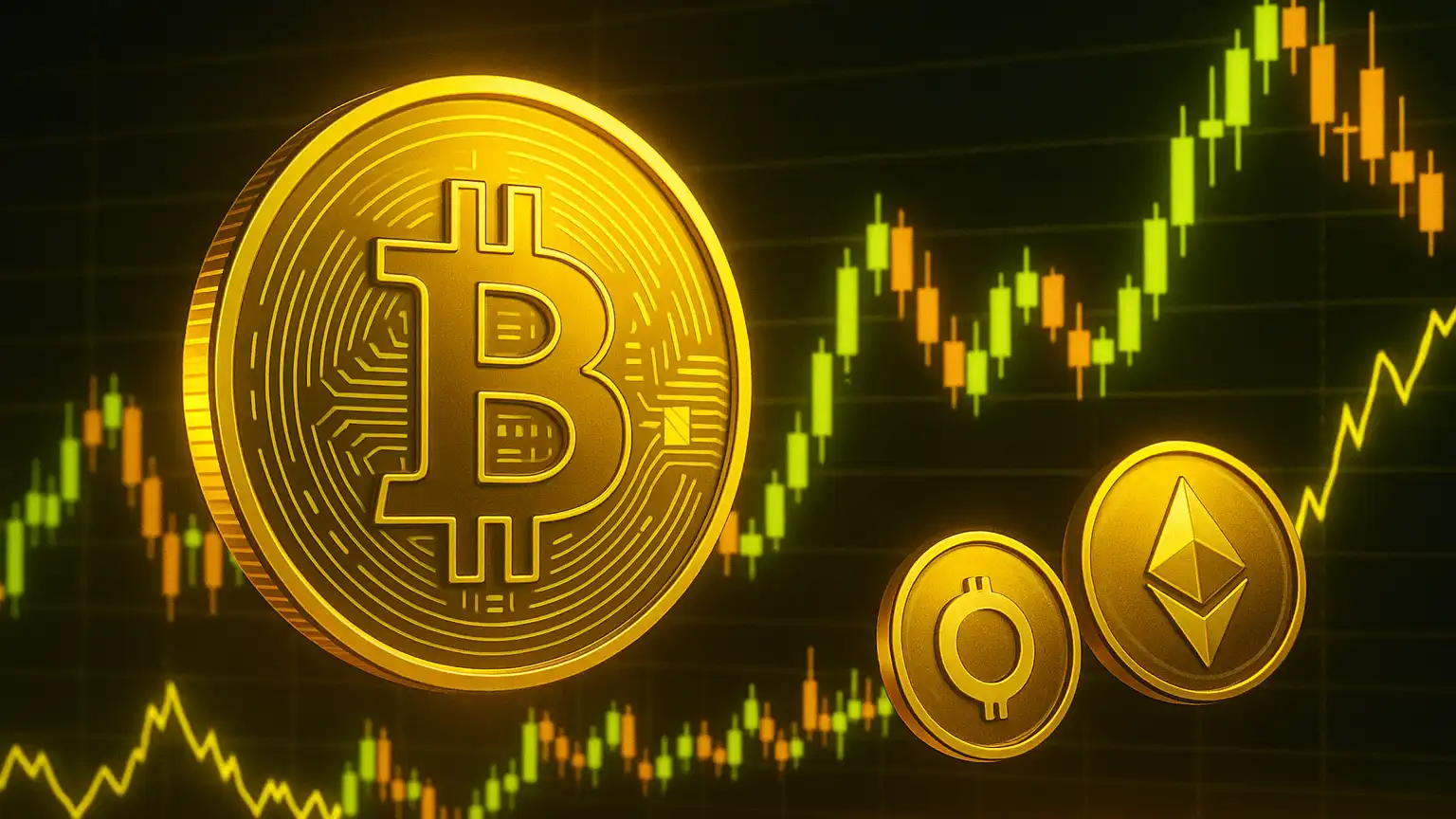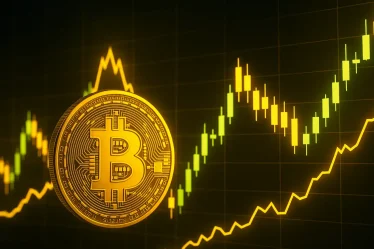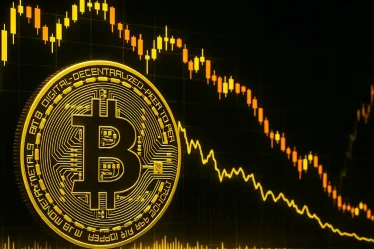
The cryptocurrency market has experienced significant fluctuations recently, with Bitcoin (BTC) and Ripple’s XRP facing notable declines. As of November 7, 2025, Bitcoin is trading at $101,133, down approximately 1.57% from the previous close, while XRP has dropped to $2.20, marking a 4.76% decrease. These movements have sparked discussions about the underlying factors influencing the market.
Institutional Investment Trends
A recent global survey by the Alternative Investment Management Association (AIMA) and PwC reveals that 55% of hedge funds are now invested in cryptocurrencies, up from 47% the previous year. On average, hedge funds are allocating 7% of their assets to crypto, though most keep the investment below 2%. This increased interest is partly driven by rising cryptocurrency prices in 2025 and favorable U.S. regulatory developments under President Donald Trump’s administration. Despite the growth, some risks persist, including those highlighted by an October flash crash linked to excessive leverage and insufficient institutional infrastructure. Notably, 67% of crypto-invested funds use derivatives to gain exposure, rather than holding the assets directly. The surveyed hedge funds manage around $982 billion in assets, and hedge fund capital overall reached a record $5 trillion in Q3 2025. The report suggests the U.S. is beginning to establish long-term regulatory stability for crypto markets, although global regulators continue to warn about potential financial stability risks as crypto integrates further into traditional finance.
Regulatory Actions and Cybersecurity Concerns
U.S. prosecutors have charged three American cybersecurity professionals with operating a secret ransomware scheme targeting companies across the country. Two of the accused, Ryan Goldberg and Kevin Martin, are alleged to have collaborated with the cybercriminal group ALPHV BlackCat to encrypt company systems and extort cryptocurrency payments. The indictment, filed in a Miami federal court, does not name the targeted businesses but states they are located in California, Florida, Virginia, and Maryland.
Court records indicate that Goldberg is being held pending trial, while Martin has pleaded not guilty. Martin previously worked at DigitalMint, a cybersecurity firm, while Goldberg was an incident response manager at Sygnia. Both companies stated they were unaware of the individuals’ alleged criminal activities and have since dismissed them. DigitalMint confirmed that one of the conspirators may have been an employee and emphasized its cooperation with the authorities. Sygnia clarified it is not under investigation and is assisting law enforcement.
The case highlights a troubling breach of trust, with professionals meant to prevent cyberattacks allegedly orchestrating them instead.
International Sanctions and Illicit Activities
On November 4, 2025, the U.S. government imposed new sanctions on a group of North Korean bankers, financial institutions, and associated entities accused of laundering money stolen through cybercrime. According to the Treasury Department’s Office of Foreign Assets Control, North Korean state-sponsored hackers have stolen over $3 billion in mostly digital assets over the past three years—more than any other foreign actor. These funds are reportedly used to support North Korea’s nuclear weapons program. The department revealed that North Korea uses a global network of bankers, shell companies, and financial institutions—including operations in China, Russia, and other countries—to funnel money from cryptocurrency thefts, IT fraud, and sanctions evasion. Among those sanctioned are North Korean bankers Jang Kuk Chol and Ho Jong Son, who are accused of managing at least $5.3 million in cryptocurrency linked to the sanctioned First Credit Bank. The U.S. previously warned companies to avoid hiring North Korean IT workers concealing their identities to infiltrate global financial systems.
Market Implications and Future Outlook
The recent downturn in Bitcoin and XRP prices can be attributed to a combination of factors, including increased regulatory scrutiny, cybersecurity breaches, and geopolitical tensions. The involvement of cybersecurity professionals in ransomware operations and the laundering of stolen cryptocurrencies by state actors like North Korea have raised concerns about the security and legitimacy of digital assets. These developments may lead to heightened regulatory measures and a more cautious approach from institutional investors.
However, the growing interest from hedge funds and the establishment of strategic reserves by governments indicate a recognition of cryptocurrencies’ potential role in the global financial system. As the market continues to evolve, stakeholders must navigate the challenges posed by security threats and regulatory changes while capitalizing on the opportunities presented by digital assets.



